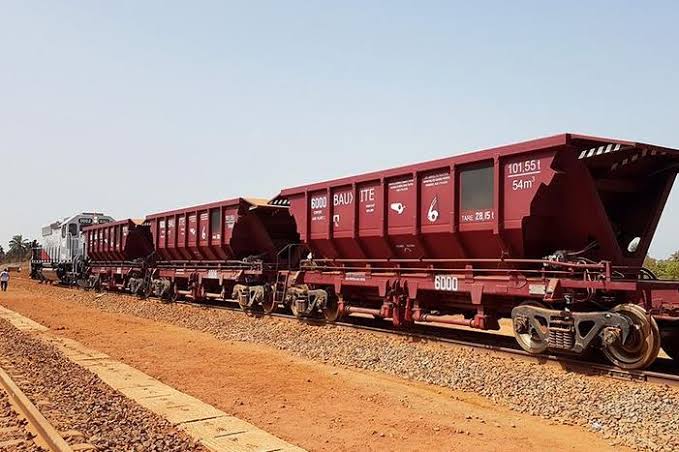The South Africa Automotive sector has bee badly hit following epileptic railway services, as prevailing problems with local logistics are having a devastating effect on the vital automotive sector iwhich has experienced its fourth month of vehicle sales decline,
This is according to the latest National Association of Automobile Manufacturers South Africa (NAAMSA) figures released recently.
It says the current logistical challenges at the country’s ports and across the entire freight rail network in the country are impacting negatively on the vehicle production landscape and on new vehicle sales in South Africa.
The automotive sector contributes 4.9% to GDP (2.9% manufacturing and 2.0% retail) and in 2022, the export of vehicles and automotive components reached a record amount of R227.3 billion, equating to 12.4% of South Africa’s total exports to 152 international markets.
“The current challenges will soon have a devastating domino impact on the entire auto value chain. While supply chains are gradually stabilising globally and semiconductor shortages are anticipated to ease, our erratic logistical challenges will become the single biggest risk for the sector should we not urgently address many of the leadership and systemic structural challenges experienced by Transnet,” its statement read.
The sector’s productivity relies heavily on infrastructure investment, sustainable energy supply, and the revitalisation of South Africa’s ports, rail, and road. A conducive framework is crucial to support these critical elements.
Focusing on the November new vehicle data, NAAMSA CEO Mikel Mabasa said: “November’s figures reflect that all new vehicle market segments declined, with a boost coming from the export side. The November 2023 vehicles market declined by 9.8% and recorded 45 075 registrations compared to the 49 986 vehicle registrations recorded in November 2022.”
This is a fourth consecutive monthly decline in new vehicle sales, attributed to the return of the Stage 6 load-shedding and supply chain disruptions at Transnet.
The November 2023 aggregate export sales continued, in line with general industry expectations, and increased by 25.5% recorded at 41 660 units compared to the 33 207 which were recorded for November 2022 export units. The export market growth was supported by the light commercial market exports which grew by an impressive 72% at 16 066 units.
The new vehicle market was overall 1.3% below the pre-pandemic level of 2019 at the beginning of 2023.
For the year to date it is now 0.6% ahead of the same period in 2022 which means that, depending on the December sales figures, could miss out in returning to the pre-pandemic level after three years.
Domestic sales of new light commercial vehicles, bakkies, and minibuses, at 12 941 units during November 2023, recorded a decline of 526 units, or a loss of 3.9%, from the 13 467 light commercial vehicles sold during November 2022.
Sales for the medium commercial vehicle segment at 785 units reflected a decline of 123 units, or a loss of 13.5%, compared to the 908 medium vehicle sales recorded in the same period last year.
The heavy truck and bus segments of the industry reflected a loss of 210 units or a 10.7% decline during the month at 1 965 units, compared to the 2 175 units sold during the corresponding month last year.













